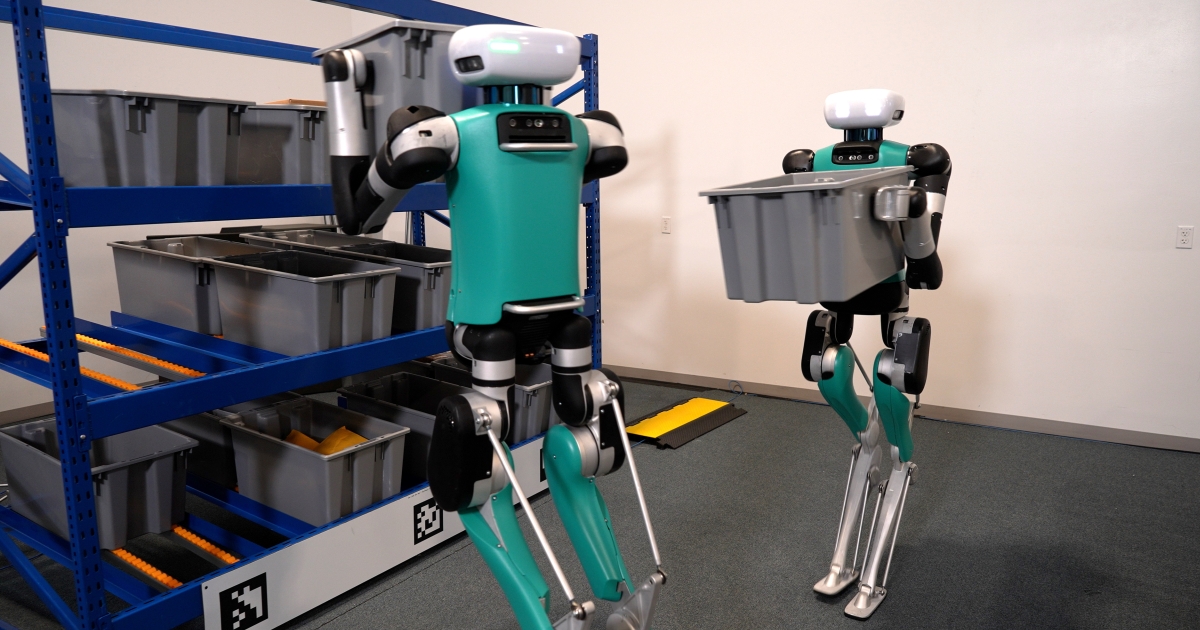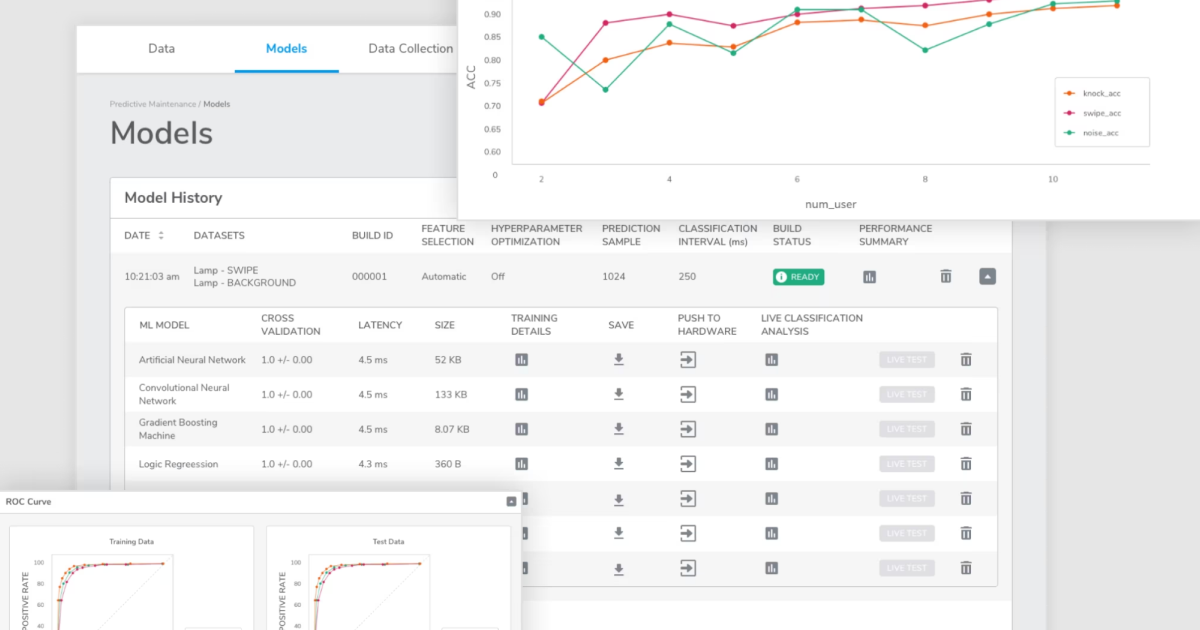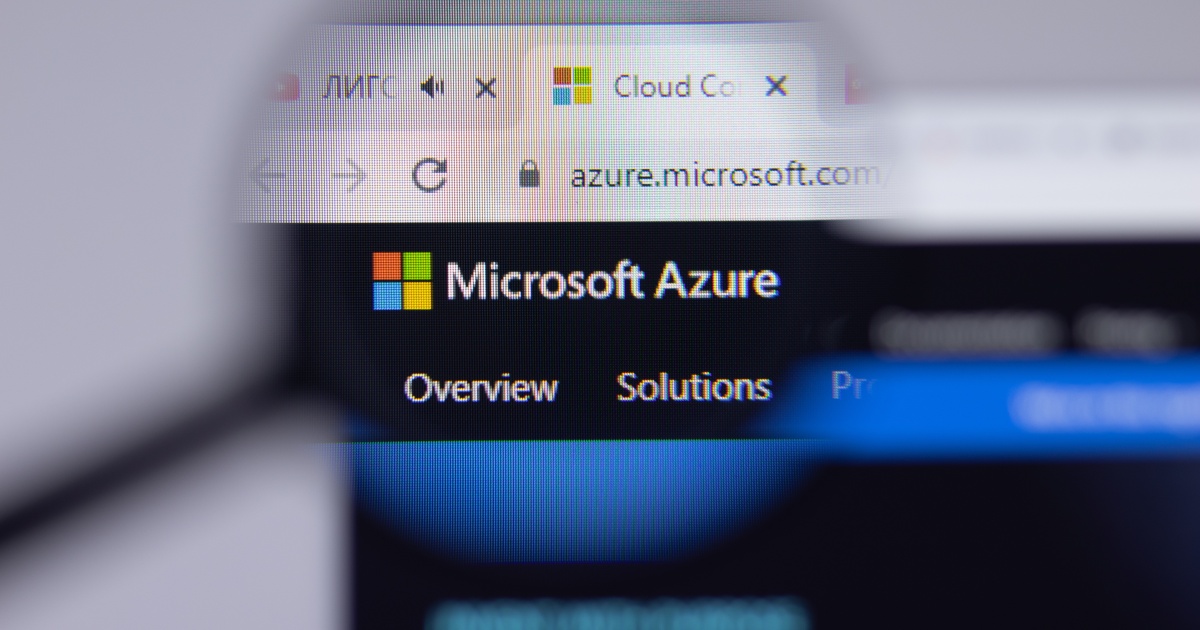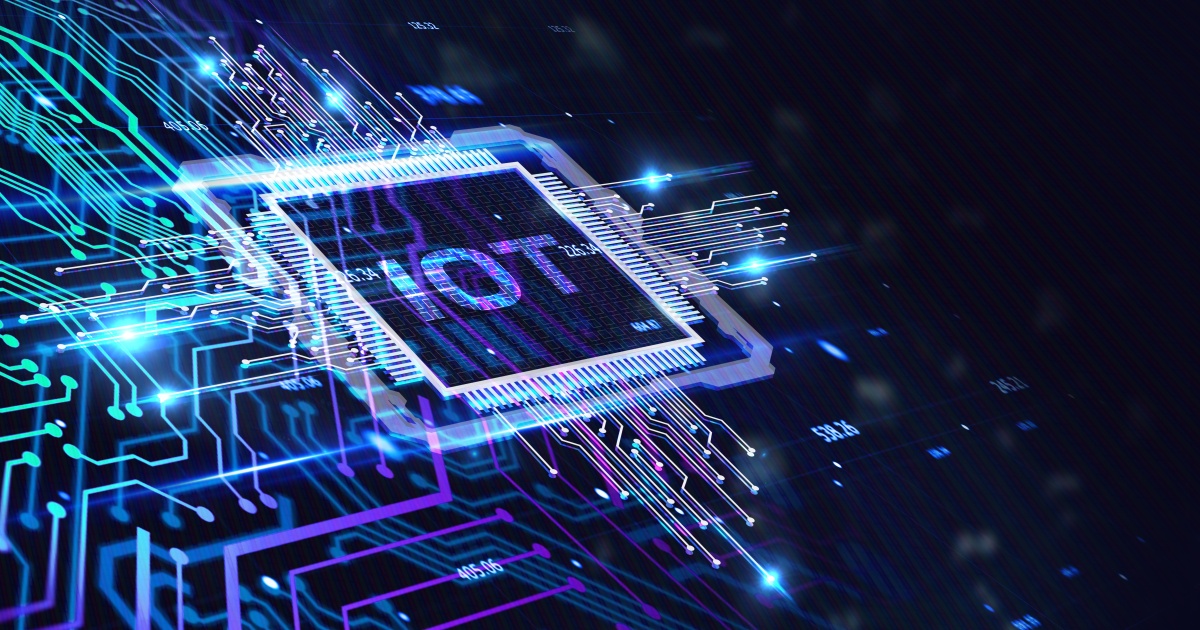Michael Hathaway, and his team at Information Xchange, a technology company based in Austin, Texas, have been working in the Industrial Internet of Things (IIoT) since before there was such a thing as the IoT, getting their initial start in consulting to large scale oil and gas facilities regarding adding sensors to equipment for remote monitoring and management.
Oil rigs, for example, exist on the outermost edges of the Internet, oceans away from fixed Internet access, but given the enormous investment required to build those rigs, the value they extract in hundreds of thousands of gallons of crude, high demands for safety, and expensive nature of keeping equipment maintained, companies who operate these rigs were early adopters of connected solutions.
It became evident to Hathaway as a pioneer in this particular vertical that, while placing sensors on existing, legacy equipment in order to improve the efficiency of maintenance made sense, the potential to do much more was sitting right in front of his customers in the energy industry.
"Data collection became the real emphasis after we deployed dozens of what we were, at that time, calling Machine-to-Machine, or M2M services," Hathaway said. "Today, harnessing data and not just oil, is the single-most important reason producers are investing in more and more sophisticated applications and networks."
Following a crisis in the oil and gas industry, changes in the global economy, competition from new sustainable sources of energy, and other commercial pressure, with the production of millions of barrels of oil per day from distributed locations, gathering and leveraging information from the distributed, physical world became paramount. According to some estimates, internal data generated by large integrated oil and gas companies now exceeds 1.5 terabytes a day.
Further, a recent Microsoft survey of hundreds of energy companies revealed that over 62 percent of respondents currently store at least 100 terabytes of data, and plan to continue investing heavily in digital initiatives that will drive even more data processing for everything from exploration and development (including seismic data, to drilling anomalies, the building of new scientific models, real time production optimization, smarter predictive maintenance and security.
Because Information Xchange was in on connecting big things from the beginning, they played and continue to play a strategic role, helping companies move beyond "the obvious" and up from rudimentary analyses run on Excel into software applications able to process massive amounts of data in real time, or at least near real time, and doing so in the cloud, rather than at the edge, has been advancing innovation and investments in cloud solutions.
"It's been an amazing journey with our customers, moving from collection of data to data analysis, made available so not only regional but global analysts have visibility into safety, security, yield and productivity, often with fewer onsite people required in order to run rigs optimally," Hathaway said. "The more value they experience, even after the most basic deployments, the more creativity we are seeing from their teams, which has lead us to collaborations on digital transformation projects that are now saving customers hundreds of millions of dollars a year, while also giving them priceless information for future planning, R&D, exploration and more."
The experience gained through over a decade working with O&G companies has also transformed Hathaway's vision for IIoT and in particular the management of data, not only in connected things but in connected everything.
"There is nothing in a business that cannot be improved by measuring data," Hathaway said, "and today that data is being generated on the furthest edges of the Internet, whether by humans or machines, or a combination of both. "As more and more variables arise, and the IoT and IIoT continue to expand, it's more important than ever to pay more close attention to the edge, which can benefit tremendously from standardization, open computing and a shared framework."
Information Xchange joined the Linux Foundation's EdgeX Foundry as an active contributor earlier ths year, joining fifty other companies ranging from start-ups to multibillion tech giants like Dell. In large part, they joined because Hathaway's team is working across Fortune 50 companies who are now ready to move both brownfield (legacy) implementations to investment in greenfield (leading edge) innovations and are "basically confused by all the options," Hathaway said.
"With nearly five hundred platforms today, tens of thousands of software applications, dozens of connectivity protocols, and a growing desire to make decisions to invest exponentially more money in the digitization across all equipment and sites, the IT leaders we work with every day are pushing us as an industry to get the edge figured out quickly."
In other words, the pressure is on now for agreed ways to move forward, including, and perhaps most importantly, how information is collected, secured, transported, shared, and leveraged between the edge and the cloud, the equipment and applications, the data and analytics.
And while Hathaway's business continues to grow in the IoT/IIoT worlds, he sees an increasing blurring happening, with more and more projects happening outside the world of connected things as we define it today, across many enterprise, government and telecom initiatives which are now integrating artificial intelligence and cognitive computing into everything.
"There's nothing like really complicated, high stakes projects to force deep thinking and serious programming," Hathaway said. "We, as an industry, and we, as a business serving highly regulated massively global enterprises, have had to crack the code on a lot of hard problems, and as we saw in the space program here in the U.S., putting a man on the moon resulted in decades of scientific breakthroughs that have changed our lives and continue to. Working in machine-to-machine connected logistics early on continuously revealed more and more about what is possible when we don't just connect and monitor, but build very smart systems that are making data essential to remaining competitive in a world that is moving faster than ever."
Hathaway now sees his business and the world ahead as a massive Exchange, a growing number of secure, private "extranets" scaling at extraordinary rates. "Consumer devices are well-served in the IoT with existing technologies, like WiFi, Bluetooth and cellular services," Hathaway said, "but 90% of industrial projects never touch the public Internet and require robust private networks with extreme security built in - not necessarily real time networks, but real robust!"
Information Xchange built a "lightweight" platform, initially starting by enabling legacy equipment environments to transfer data on a template basis to meet the needs of a sub-set or other on a subscription basis. Their Tensor-Connect provides what Hathaway calls "function as a network service, including key-based security enabling systems to share data with apps and services, edge and cloud."
The company plans to share Tensor-Connect with the EdgeX Foundry community, along with their insights and experience, noting "we joined the Foundry not only for the open source frameworks, but because this community represents many of the most visionary and active companies working to solve the hardest challenges at the edge, and we're confident that together we will solve a lot of problems, and make it much easier for all our customers to move forward faster with more easily integrated components, based on a common understanding and open source code we can all build value on."
Information Xchange has also built a "zero touch" data encryption solution using APIs behind the firewall, allowing the data to stay behind the firewall, while being shared on a permissions/policy basis. "We've coded this such that only approved applications - and not just for IoT but any application that benefits from file, records and data management in general - can access and share resources."
Hathaway claims this will unlock a ton of new innovation, "but we're only one company, working with many very large companies, who appreciate not only the initial innovations, but long term support. Having companies like Dell involved in projects like EdgeX Foundry, having OEMs and network services companies with large global footprints signed on to normalize a lot of how we will share data in the future, including through APIs, builds confidence among large enterprises including the Fortune 50 we support."
And while innovation is happening within the thousands of IoT/IIoT companies now building towards the promised billions, Hathaway sees one of the biggest trends as the evolution in enterprises from traditional "IT" to more modern "DevOps" support for the internal development of proprietary applications and systems which are making those enterprises more competitive. "When enterprises start hiring and training their own software developers, when they build DevOps groups and platforms to support those developers, they are smart to leverage open source, low-code and even no-code platforms and infrastructure as a service," Hathaway continued.
"Frameworks, APIs, and ecosystems are giving enterprises a leg up, as well as global support having learned a lot of lessons from the beginning of open source. Companies like Redhat changed the game by enhancing the economics with reliable and long-range support. Everything will be more open in the future, including telecom, but without frameworks, standards, and community collaboration, open doesn't scale, for any industry, including and perhaps especially the global energy industry."
Edited by
Ken Briodagh





